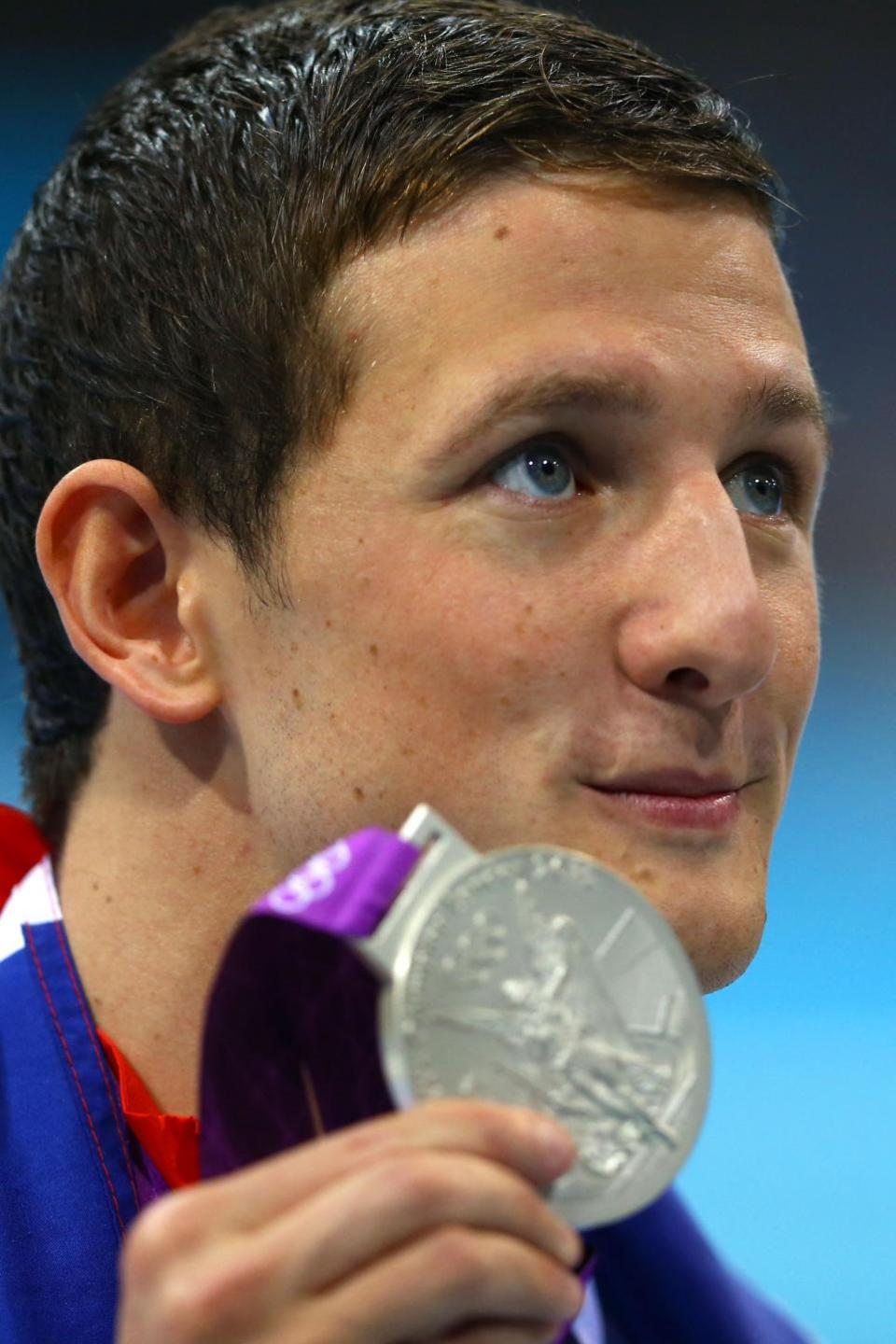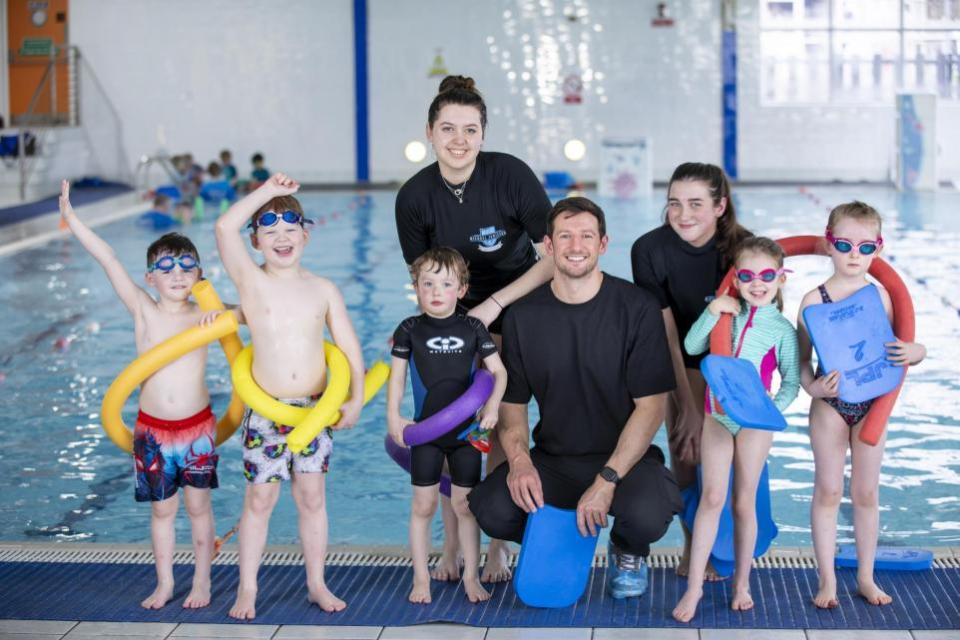As an Olympic, European, World and Commonwealth medallist, Michael Jamieson certainly knows a thing or two about competitive swimming.
But it was his own experience of rising through the ranks of traditional ‘learn to swim’ programs that inspired him to create a unique business model with his own Michael Jamieson Swimming Academy.
Jamieson burst into the public consciousness at the 2012 Olympics, where he won the silver medal and broke the British record in the 200 meter breaststroke event. But he was candid about the negative impact on his mental health that came with the relentless nature of professional sport.
“I think I took the sport too seriously at too young an age,” he explains. “To increase participation in the sport it should remain a hobby for a long time, where you are taking advantage of that general enjoyment and enthusiasm of being in the water.
“The national Learn to Swim framework is very performance based – where children have to meet certain standards in terms of distance covered, and aspects of the steps they have mastered, to move through the pathway.
“I’m a big believer in learning through play, especially in the younger age groups. I really try to take advantage of that mindset, that willingness to explore new surroundings. At the Michael Jamieson Swimming Academy we use a range of props and toys and move away from the traditional ‘wristband’ model.”
Jamieson tries to get children swimming at a younger age, with around 55% of his business covering entry-level ‘non-swimmers’ (children aged 3 and over). It offers much smaller class sizes, with a ratio of one teacher to every four children, compared to the average ratio of one teacher to 8-12 children in most local authority programmes.
This has become one of the academy’s USPs, emphasizes Jamieson, to ensure that children build a strong relationship with their teacher and feel safe in a new environment. All of their swimming instructors are level two accredited, which also sets them apart from the national standard of using level one accredited teachers. These “fixed rules” that Jamieson uses ensure that his swimming academy is set apart from the norm.
“We are more expensive than the council service, but we have less than half the children in the water. We also have more experienced teachers so the labor rates are much higher. But it’s a model we’ve committed to, based on our initial philosophy and reasons for running the business. We know we’re sacrificing margin to ultimately create a better product, and fewer bodies in the pool.”
He describes a feeling of “responsibility” to create a “more effective path” for children to learn to swim, while also offering lessons to adults who are not confident in the water.

Jamieson founded the business in 2018, around two years after he retired from professional sport. It has grown rapidly since then, with 2,500 students taking lessons each week in four pools around Glasgow and Lanark and, as part of the recent expansion, two sites in Edinburgh. Prices are set at the “bottom end” of private providers, and free lessons are offered through charities to refugees or those from low-income backgrounds.
The Michael Jamieson Swimming Academy has no facilities of its own, and works as a service provider in pools such as the University of Glasgow or Hamilton College. This can be a problem, explains Jamieson, as budget cuts mean fewer facilities are available.


“We’ve grown a lot over the last few years, but we’re approaching this crossroads where we’re realizing how difficult it is to find new facilities. If we had more centers, we could certainly fill them with existing inquiries. We are ready to expand and aggressively roll out a blueprint model – it’s just about getting access to the water.”
Eventually, Jamieson would like to operate his own facilities, but in the meantime he feels passionately about maintaining public pools for all. Once an essential life skill taught to children across the country, swimming is in danger of becoming a world class sport, he fears, with funding cuts, public pools will be closed at an alarming rate.
“We have to find a way to keep community leisure centers and sports participation opportunities open. We absolutely must. If we start sacrificing facilities like that, we will lose huge pillars within the community, opportunities to learn valuable social skills, life skills and coordination. That will only lead to more of the unhealthy habits we’ve seen over the past decade: more kids indoors, less activity, poorer diets, poor nutrition, poor mental health. The number of participation in swimming in particular, has been decreasing year on year over the past decade, which is directly linked to pool closures.”
Perhaps this summer’s Olympic Games in Paris will help rekindle public enthusiasm for swimming. These days Jamieson prefers to “keep dry” out of the pool, but says he “loves” watching the Olympics on TV and will be looking forward to the events in Paris this summer.
“When the Commonwealth Games were held in Glasgow in 2014, it was amazing how enthusiastically people got around swimming. Ultimately, we are a strong swimming nation.”
mjswimacademy.com